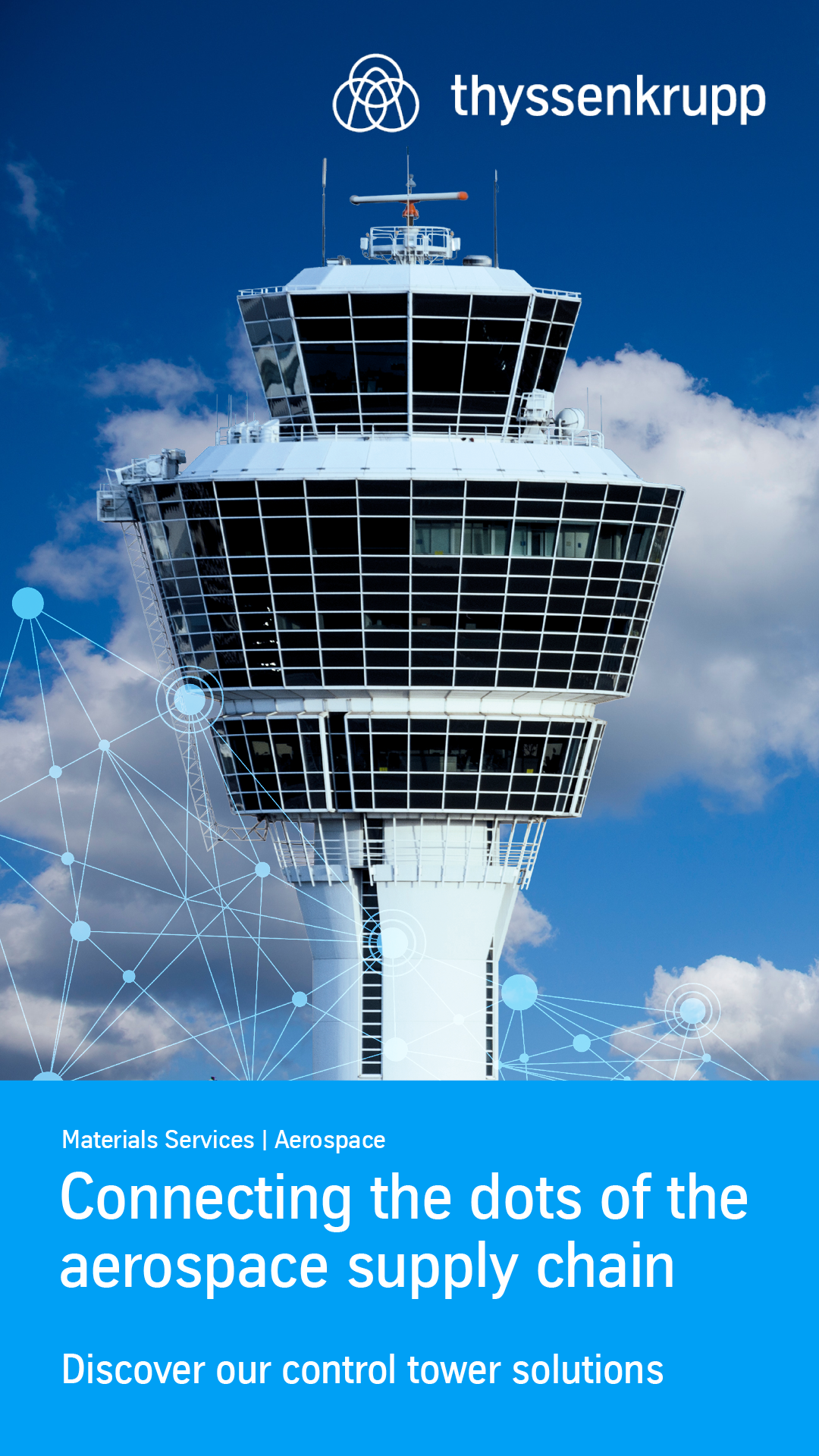The way Mecachrome’s Christian Cornille sees it, the role of a CEO is to look at an uncertain future and define a road for the company. And since The CEO Magazine first spoke to Cornille in 2019, not one but a trio of shocks have come his way.
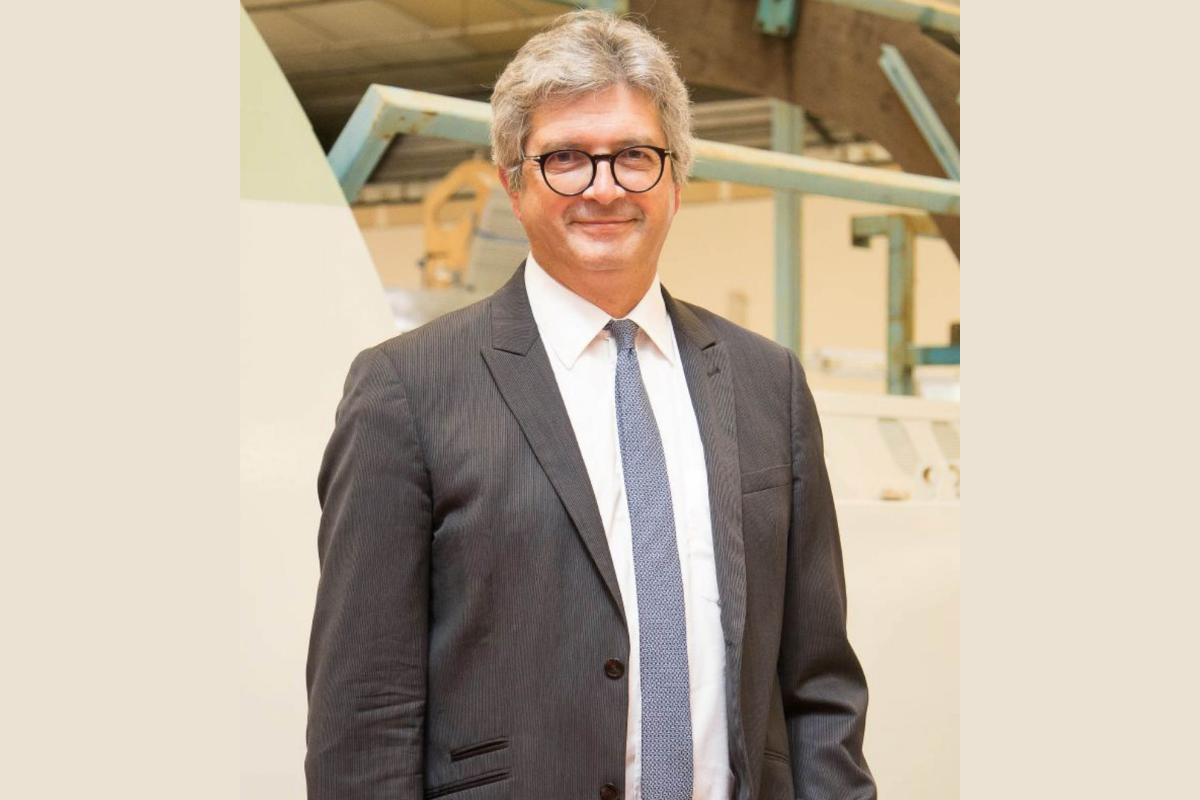
“The first was Airbus’ decision to stop production of the A380, a program that was a flagship for some of our plants,” the CEO of the Toulouse-headquartered precision manufacturer for the aerospace, motorsports, energy and defense sectors explains.
The second blow came from the other side of the pond, when Boeing’s fleet of 737-Max aircraft was grounded for safety issues.
“That seriously impacted certain plants as well because the production rate decreased significantly, and we had to adapt our capabilities and our financial approach.”
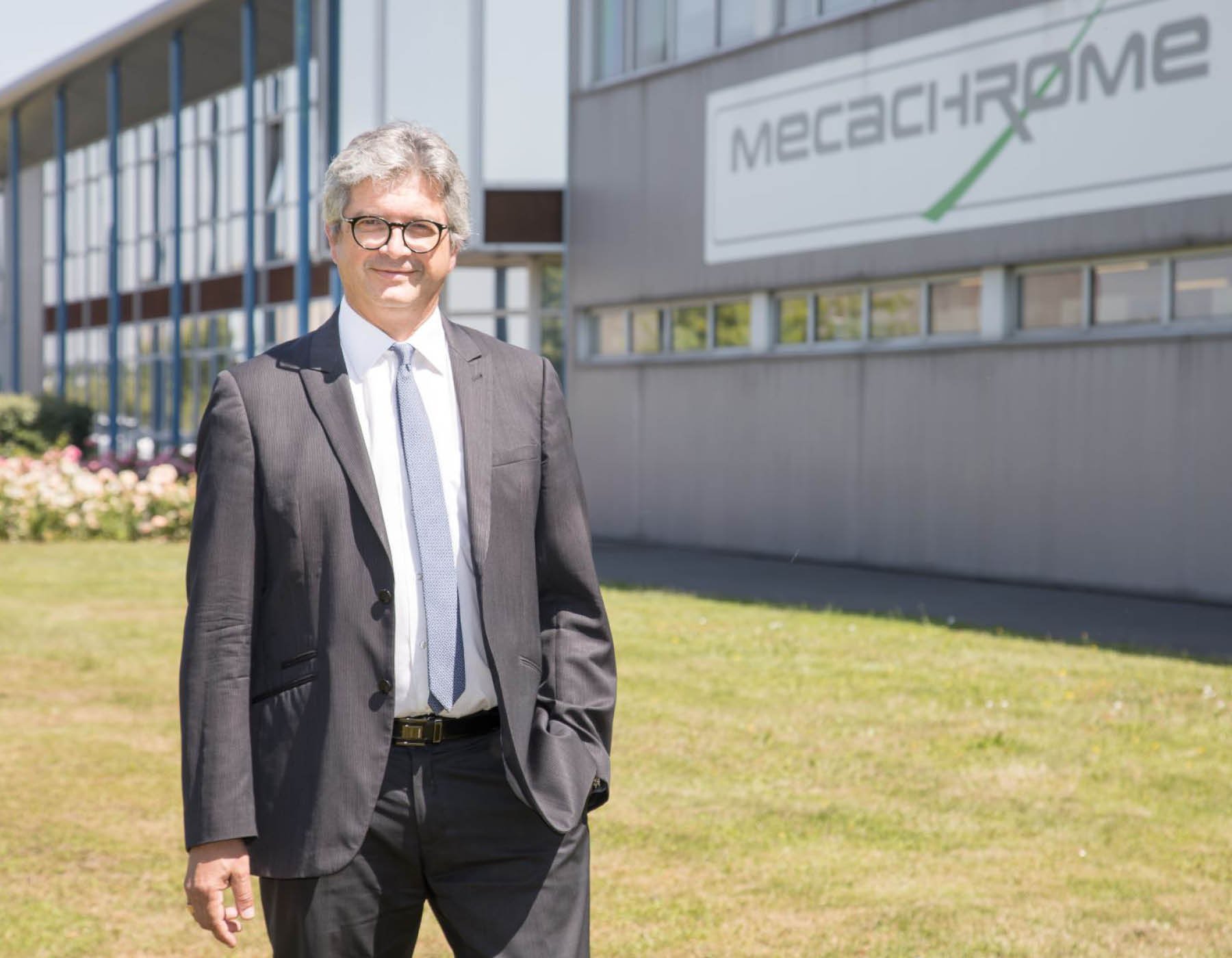
It’s time to decarbonize our industry.
The third needs no introduction.
“The COVID-19 crisis was completely different because we were obliged to close all of our plants everywhere in the world, then find solutions to restart our operations safely for our people,” he recalls.
With aircraft parked up around the world, calls to permanently ground the industry gathered pace. Cornille was among several aerospace voices who flipped the brewing crisis into an opportunity.
“We’ve realized that it’s time to decarbonize our operations, our products, everything in the field,” he says. “It’s time to decarbonize our industry.”
Enough time has passed since that light bulb moment for a clear road map to have been sketched out. “Now we have to execute it,” Cornille adds.
The journey will be as exciting as it will be long, and he acknowledges it’s slightly unsettling that not all the technologies needed exist yet. But there’s no doubting his resolve.
“A long time ago, people said it wasn’t possible to fly. We showed them it was. Then people said it wasn’t possible to fly safely, and we did it. People thought it was impossible to fly affordably. We did it. Now we’re saying that it’s possible to fly net zero and I’m sure we will succeed.”
Driving seat
To get there, Cornille knows transformation is required. On an internal level, that means consolidating its operations.
“We have to close some plants. Right now, we have 22 plants around the world, which is far too many,” he reflects.
He envisions specialized sites dedicated to specific technology, a focus that will simplify the logistical flow and, accordingly, the carbon footprint of every single part that emerges from the Mecachrome production line.
Already, a glimpse of the future has been achieved in the other key industry for Mecachrome’s precision parts: motorsports. Earlier this year, for the first time ever, Formula Two and Formula Three cars zipped around racetracks with synthetic fuels in their tanks.
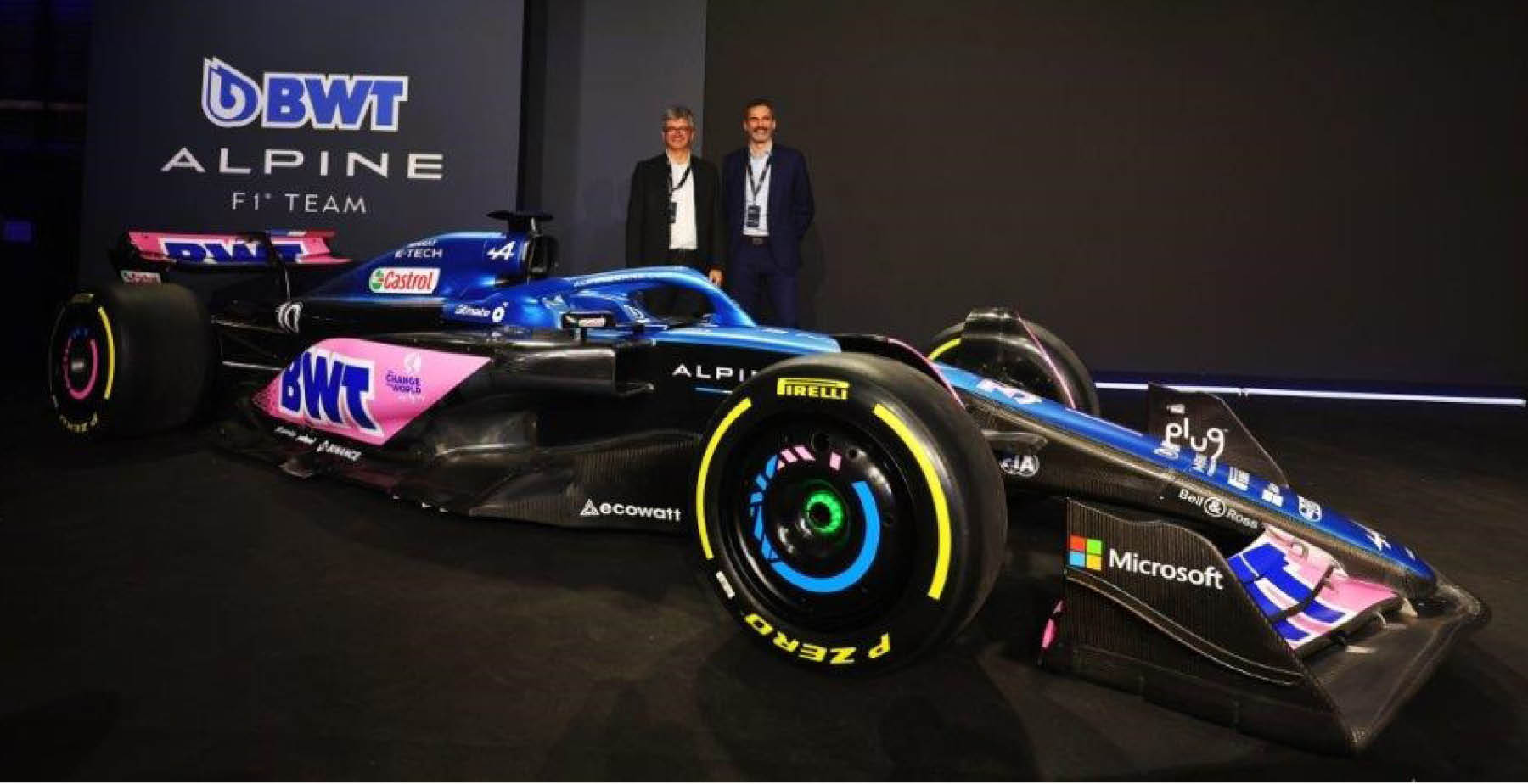
We’re saying that it’s possible to fly net zero and I’m sure we will succeed.
The innovation wouldn’t have been possible had it not been for Mechachrome and Formula One global partner, Aramco.
“Two years ago, in the middle of the pandemic, we asked Aramco if it would be in favor of a move to synthetic gas, and the response was ‘yes’,” he explains.
Encouraged by the results of this season, the target is for Formula One tanks to be filled with synthetic fuel by 2026. For Cornille, it’s also a crucial step in his decarbonization vision.
“It’s a fantastic sign for the company, for motorsport, for everybody,” he enthuses.
Reshaping aviation
Cornille made the move from one side of Toulouse-Blagnac airport to the other when he joined Mecachrome in 2019 from Airbus, where he was Executive Vice President for Airbus Helicopters.
Growth was his clear ambition from the start. In the past four years, the business has been very active in mergers and acquisitions; four companies, including high-precision mechanics specialists Hitim Group, have come into the fold with a combined turnover of more than US$165 million.
Yet the pandemic also opened his eyes to the other opportunity afforded by these buyouts: the chance to reshape the aviation supply parts chain, one he sees as overdue for consolidation.
“We have two champions on the world stage: Boeing and Airbus,” Cornille points out. “Now it’s our opportunity to create champions at our level.”
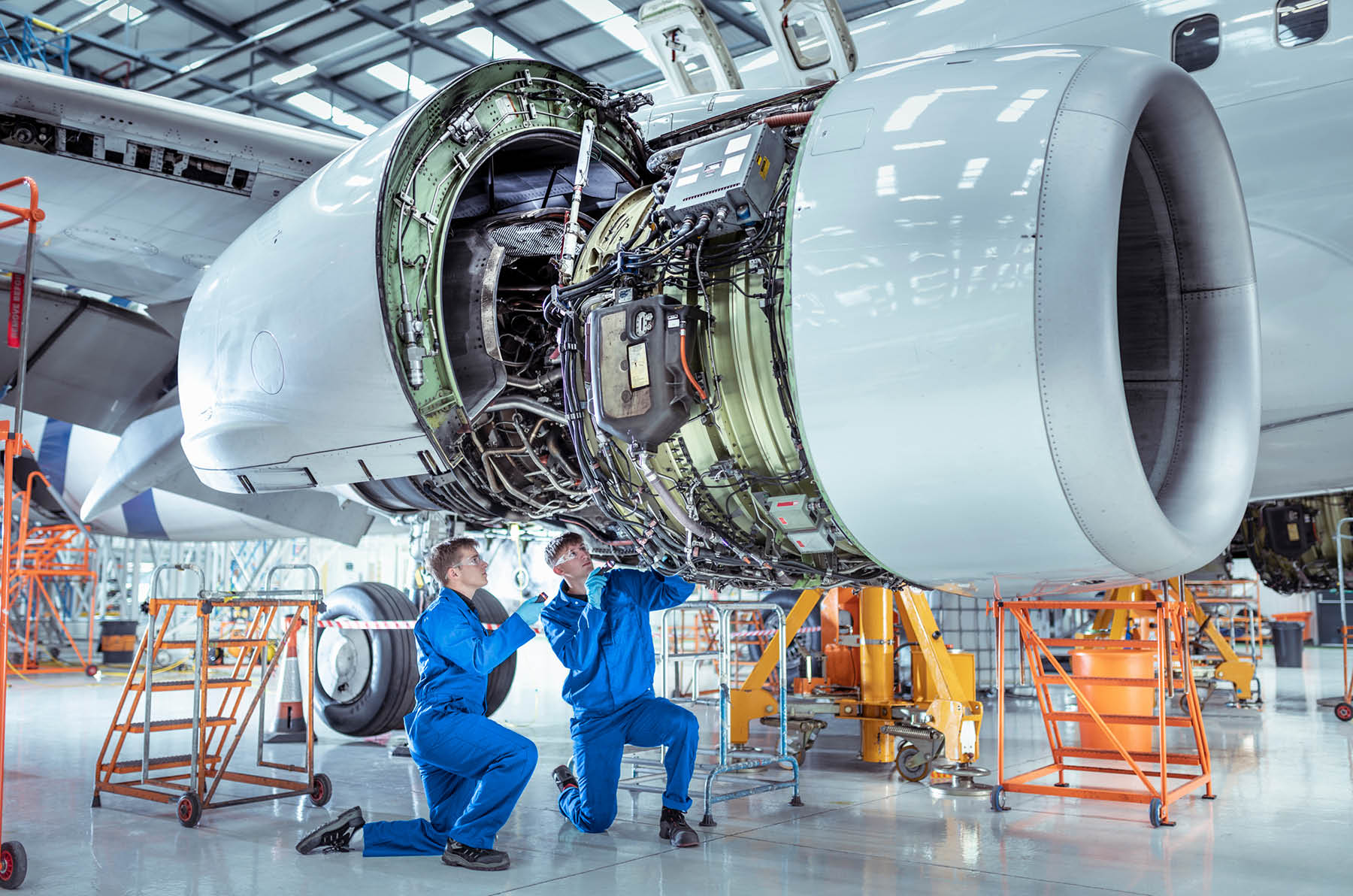
We have to offer solutions that are right, and this includes those that are right for the planet.
He admits that it has taken a lot of work to align internal and external stakeholders with his outlook for the future, but he is driven by an unshakable belief in where the business is headed.
“If we want to continue to have an aviation industry and if we want to continue to connect people everywhere in the world, we have to offer solutions that are right, and this includes those that are right for the planet,” he insists.
Supporting role
Cornille can move forward knowing he has the support of key partners, such as ThyssenKrupp Aerospace, which has guaranteed a constant high-quality supply of raw materials to Mecachrome for over 25 years.
“Our two companies have a common understanding for the future of aerospace,” Eric Cornilleau, General Manager of thyssenkrupp Aerospace Canada, tells The CEO Magazine. Data transformation and the digitalization of the supply chain to remove roadblocks are two axes both businesses are jointly investigating.
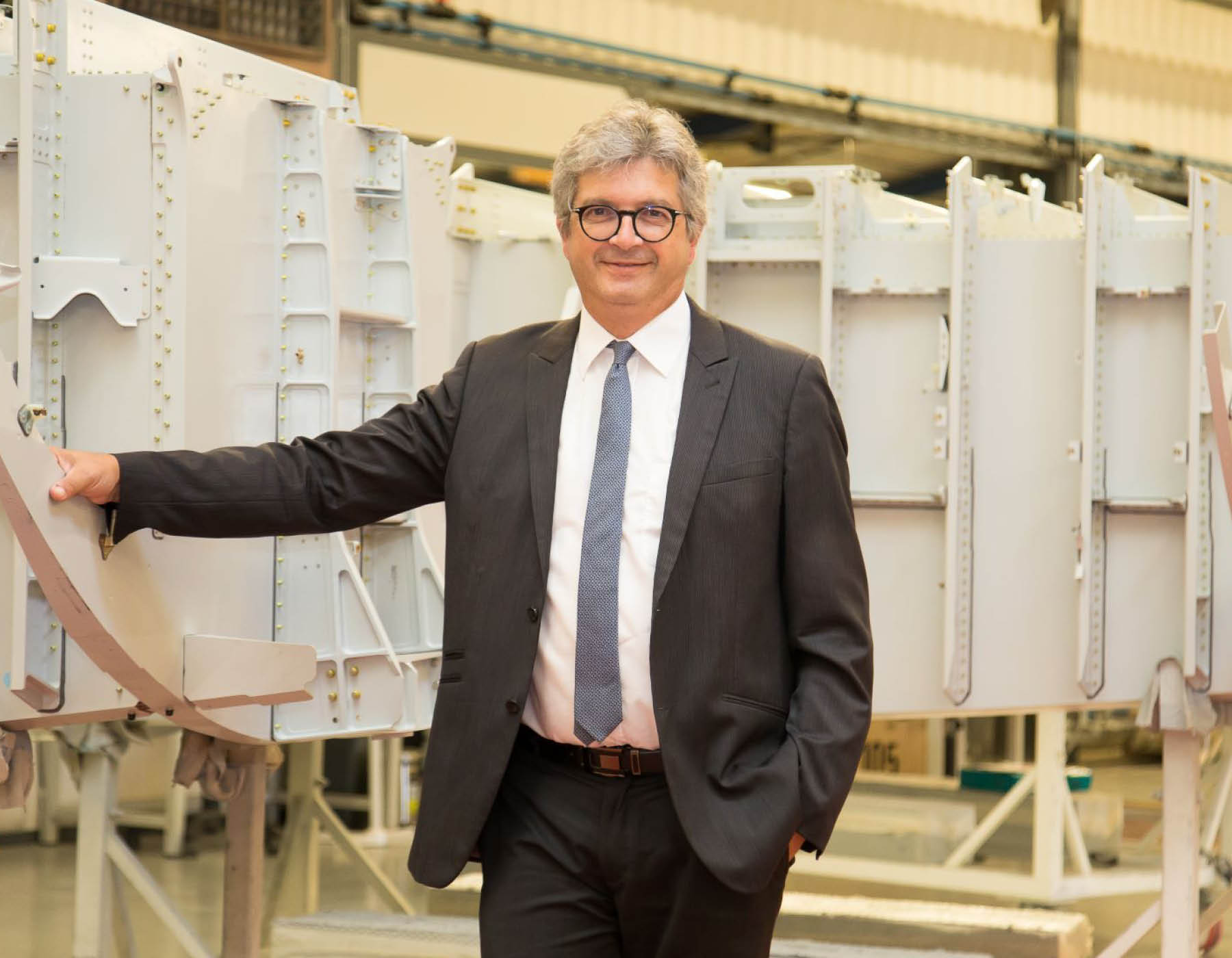
We have to change, not only for Mecachrome, but also for the planet. It is an exciting journey to be on.
“The topic of innovation finds itself in every discussion we have as we build highly customized solutions for Mecachrome,” Cornilleau adds.
“Mechachrome is one of the key players in the worldwide aerostructure supply chain, and we are happy to support them on their journey,” says Cornilleau’s colleague and Vice President of thyssenkrupp Aerospace France, Emmanuel Soubigou.
Such long-standing partnerships will be critical as Cornille looks to the future.

